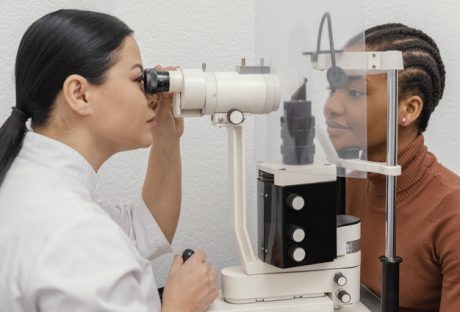Every year, more than 500.000 men undergo the vasectomy procedure in America. The vasectomy procedure is often referred to as the “little snip”. It is a procedure that is designed to block the sperm from reaching semen, thus making your semen sterile.
Even though a vasectomy is the most common urological procedure today, there are many misconceptions surrounding it. If you’d like to learn more about the vasectomy procedure you could simply visit https://vasectomyaustralia.com.au/vasectomy-sydney/. You can also continue reading to learn more!
A vasectomy is the best form of permanent birth control
They Are Incredibly Effective!
Did you know that vasectomies are the most effective method of birth control if we do not consider abstinence? Their long-term success rate is over 99%. Out of 1.000, only 1-2 women get pregnant even after their partner has had a vasectomy done.
It Takes Time for a Vasectomy to Work
If you have sex with your partner right after your vasectomy wound has healed, there is a chance of pregnancy. This is because there still might be some sperm upstream. As time passes, your sperm count will start to decrease gradually.
The best way to know when it is safe to have sex with your spouse/partner, without worrying about unwanted pregnancy is to talk to your urologist. Having a urologist test a sample of your semen eight weeks after the vasectomy can determine whether you are sperm-free.
It Does Not Affect Your Sex Life!
A lot of men fear that a vasectomy will affect their performance in bed, but that is completely false. The only thing a vasectomy will do is block your sperm from entering your semen. Your performance, sex drive, and ability to last long will not be affected at all. You will still be able to have sex and ejaculate in the same way, as you did before you had a vasectomy.
Vasectomy Will Not Protect You from STDs
Vasectomies are often suggested to couples who no longer want to have children. While it is safe to have unprotected sex in a monogamous relationship with a partner you trust, you should know that this procedure will not help protect you from STDs or STIs.
Recovery Is Very Simple
The recovery process after the vasectomy surgery is very simple and fast. During the surgery, a doctor will make tiny incisions on both sides of the scrotum, through which they will block the vas deferens (tubes in charge of getting sperm to semen). These incisions are incredibly small, and more often than not, they will not need any stitches.
Because of this, the recovery from a vasectomy is very easy. Most men are able to return to work after two or three days and can resume their daily activities without limitations in three to seven days. The recovery will involve a lot of relaxation!
The recovery from a vasectomy surgery is fast
Are You Sure You Want A Vasectomy?
Before you go through with the vasectomy surgery, you should make sure that that is exactly what you want. Keep in mind that while there is a chance for a vasectomy to be reversed, you should not count on that. Talk to your family, friends, spouse, and doctor, and only if you are 100% sure that you will not want to have children in the future, you should go through with the surgery.
Conclusion
When compared to tubal ligation, which is the female version of permanent birth control, a vasectomy surgery is a lot more effective and simple. The recovery time is also much simpler. In case you and your wife have decided to not have kids in the future, a vasectomy is a great choice to prevent all unwanted future pregnancies.
























